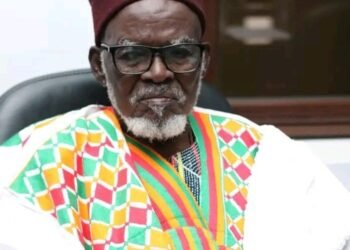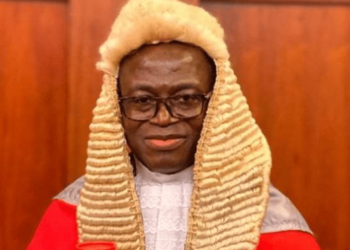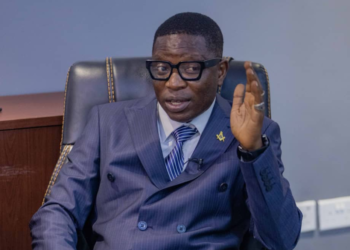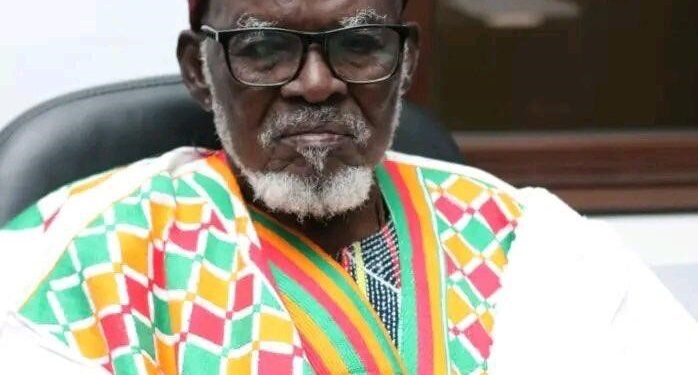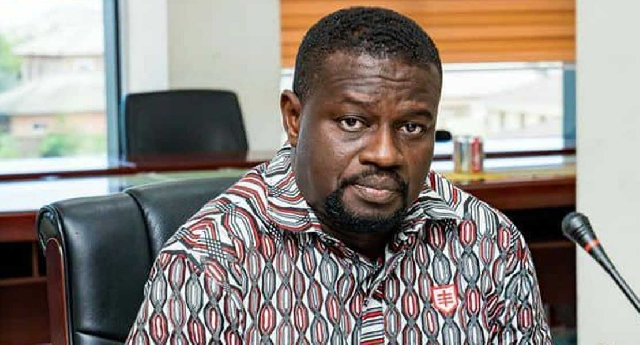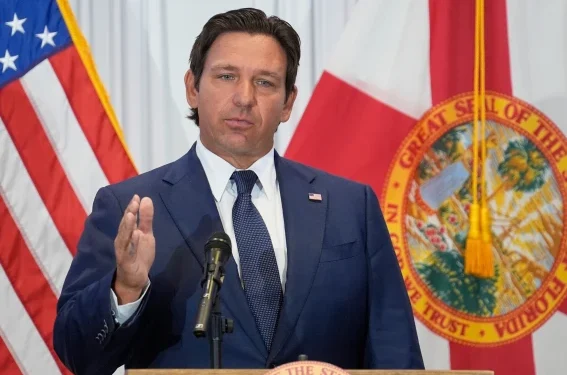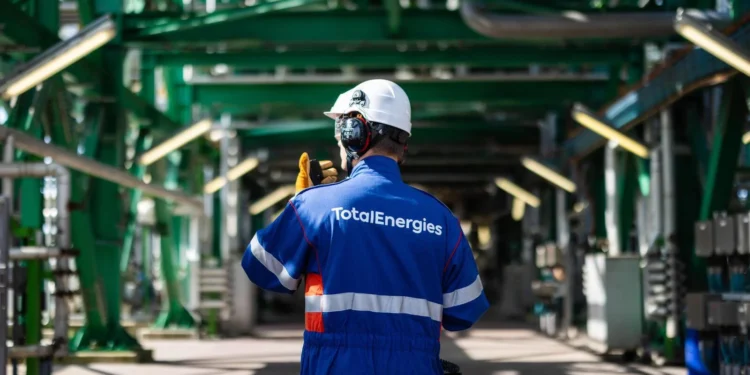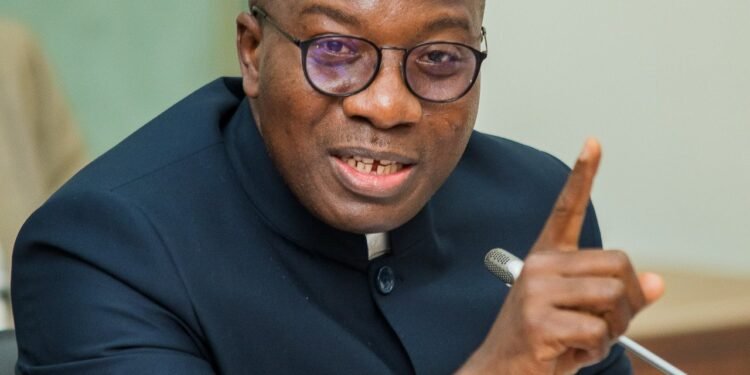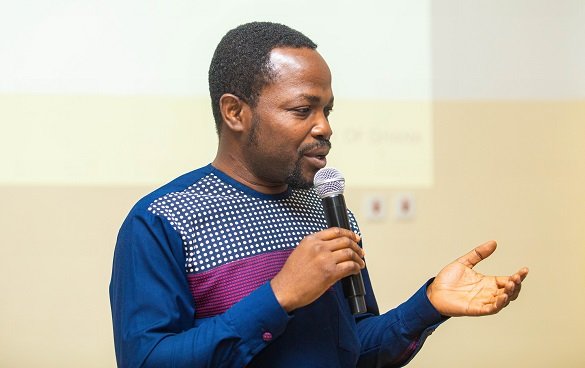The Independent Power Generators, Ghana has called for the immediate halt of electricity export by the Volta River Authority to Ghana’s neighbouring countries.
The Chief Executive Officer of the association, Dr. Elikplim Kwabla Apetorgbor in a press statement bemoaned the current state of affairs in the country’s energy sector.
Highlighting a series of alarming discrepancies and regulatory failures, the Chief Executive Officer of the Independent Power Generators, Ghana underscored the urgent need for the country to undertake reform amidst a backdrop of crippling electricity shortages and exorbitant tariffs plaguing Ghanaian consumers.
Amidst a backdrop of nationwide power outages and escalating tariffs, Dr. Apetorgbor lamented the disparity in electricity tariffs between Ghana and neighbouring countries, arguing that Ghanaian taxpayers are unfairly burdened with the cost of power in the country.
“Why should jurisdictions that contribute nothing to Ghana’s economy prosper on a cheap resource? Ghanaians are paying very high tariffs, averaging 14 cents/particularly at peak time, while those neighbouring countries enjoy about half of the tariff. This is not fair to the Ghanaian.
“Energy Commission will be seen as biased to other participants in the sector, if this export is not stopped immediately for the benefit of the Ghanaian taxpayers. We are aware of situations in the recent past where load shedding is high and at the same time over 200MW of generation capacity is being exported”.
Dr Elikplim Kwabla Apetorgbor
Dr. Apetorgbor strongly called for immediate action to halt electricity exports and prioritize domestic consumption, particularly in light of ongoing load shedding and financial concerns within the country’s power sector.
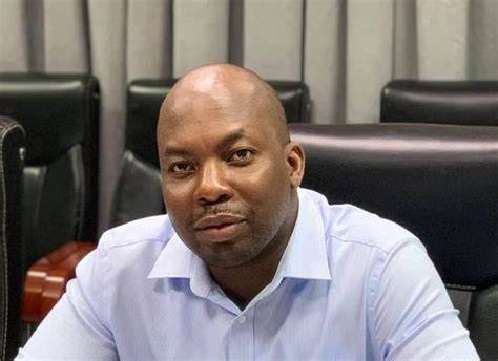
Furthermore, Dr Elikplim Kwabla Apetorgbor recounted that even though traditionally, the Volta River Authority (VRA) played a pivotal role in managing Ghana’s power exports, particularly during periods of excess energy production, recent market reforms and regulatory changes have introduced a more complex landscape, making it untenable for the authority to continue to export power to other countries.
Adherence To Regulatory Frameworks
Dr. Apetorgbor also emphasized the importance of adherence to regulatory frameworks established by bodies such as the Energy Commission and the Public Utilities Regulatory Commission (PURC).
Citing specific provisions outlined in the Energy Commission’s License and Permit Application Manual for Service Providers in the Electricity Sector of Ghana, Dr Apetorgbor called for the adherence to best industry practice in the national grid management by ensuring that about 18% reserve margin for the country’s energy sector.
He recounted that there has been a situation in the country where the Ministry of Energy, acting through the Energy Commission, intervened to halt an electricity export transaction by one of the Independent Power Producers (IPPs), citing the regulatory provisions mentioned in section 4.33e of the manual on Electricity Export License.
He vehemently underscored the need for the country to adopt such measures in the ongoing power crisis as it would ensure that the domestic demand is met.
Moreover, the Chief Executive Officer of the Independent Power Generators, Ghana, Dr Elikplim Kwabla Apetorgbor highlighted the challenges faced by the Energy Commission and the Electricity Market Oversight Panel (EMOP) in independently monitoring electricity production and distribution, particularly from legacy hydro dams such as Akosombo and Kpong.
The statement also highlighted the longstanding grievances regarding payment prioritization to IPPs by the Electricity Company of Ghana (ECG), signalling a need for reform in financial mechanisms to ensure sustainability and reliability in the sector
Dr Apetorgbor stressed the need for adequate resourcing of regulatory bodies to ensure transparency and fairness in the allocation of resources.
READ ALSO: NDC’s General Secretary Calls for Government’s Action on Power Crisis




